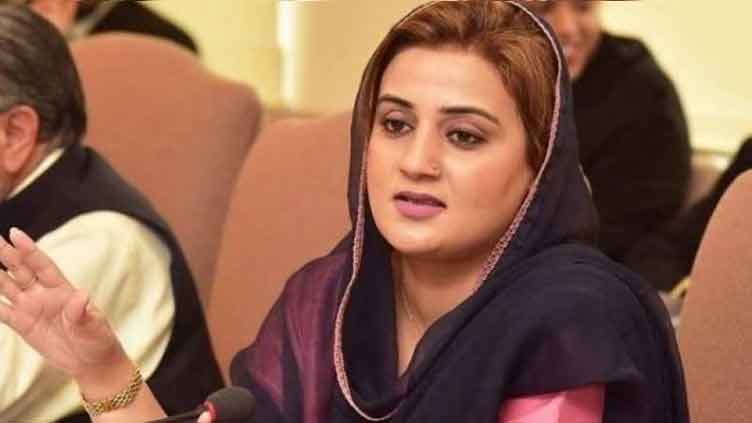Strong Rebuttal to PTI Criticism
Punjab’s Information Minister Uzma Bukhari has launched a sharp response to remarks made by Pakistan Tehreek-e-Insaf (PTI) leader Muzzammil Aslam. Speaking to reporters, she said that leaders accustomed to “living off donations and aid” should not lecture others about governance and relief efforts.
Her comments reflect ongoing tensions between the ruling Pakistan Muslim League-Nawaz (PML-N) in Punjab and PTI, which governs in Khyber Pakhtunkhwa (KP). Both parties frequently accuse each other of mishandling crises, particularly in times of natural disasters and political instability.
Criticism of Khyber Pakhtunkhwa’s Governance
Bukhari directly targeted the PTI-led government in KP, alleging that the province has become a hub of lawlessness, poor administration, and corruption.
“In Khyber Pakhtunkhwa, terrorism, corruption, mismanagement, and bad governance knock at the door every day,” she said, accusing the provincial government of failing to address pressing security and administrative challenges.
Her remarks come against the backdrop of ongoing militant attacks in KP. According to Pakistan Institute for Conflict and Security Studies, KP witnessed more than 250 militant incidents in 2023 alone, making it one of the most volatile regions of the country.
Floods and Relief Efforts in KP
Bukhari also questioned the KP government’s handling of recent floods. She noted that heavy rains and flash floods had severely affected districts such as Buner, Swabi, and Swat, displacing thousands of families.
“Did the KP government provide effective relief to those affected? The Chief Minister only writes letters to the federal government each month asking for funds, while boasting about achievements that do not exist,” she remarked.
In August 2022, devastating monsoon floods across Pakistan killed more than 1,700 people and displaced millions. KP was among the hardest-hit provinces, yet local authorities faced criticism for their slow and uneven relief response. Bukhari sought to highlight this contrast while defending Punjab’s initiatives.
Resignations Over Corruption Allegations
In her statement, the Punjab minister pointed out that two members of the KP cabinet had resigned in the past year after publicly accusing the Chief Minister of corruption. Such developments, she argued, expose the PTI government’s lack of credibility.
“To criticize others while your own house is in disarray is nothing but political drama,” she said.
Punjab’s Flood Relief Operations
Turning to her own province, Bukhari highlighted Punjab’s efforts to support flood victims. She revealed that 1,857 survey teams have been deployed across 27 districts to assess the damage to homes, crops, livestock, and livelihoods.
She said that the recent floods in Punjab had affected approximately 4.5 million people. The provincial government aims to complete a comprehensive survey of all affected families within one month to ensure timely compensation and rehabilitation.
The minister stressed that Punjab’s approach is focused on self-reliance rather than dependency. “Chief Minister Maryam Nawaz will neither beg for aid nor seek loans. She will personally reach out to affected individuals and provide them direct assistance,” Bukhari said.
Emphasis on Public Service
Bukhari concluded her remarks by reiterating that Maryam Nawaz’s political vision is centered on service to the people, not on collecting donations or seeking foreign aid.
“Maryam Nawaz’s goal is public service, not to ask for charity. She will not extend her hand in front of anyone, but will fulfill her promises,” she added.
Political Context
The exchange underscores deepening political rivalry in Pakistan, where natural disasters often become battlegrounds for competing narratives. While PTI accuses PML-N of mismanagement and corruption in Punjab, the PML-N counters with charges of incompetence and aid dependency in KP.
With Pakistan still grappling with economic challenges and the aftermath of recurring natural disasters, these debates highlight the broader question of governance capacity across provincial administrations.















